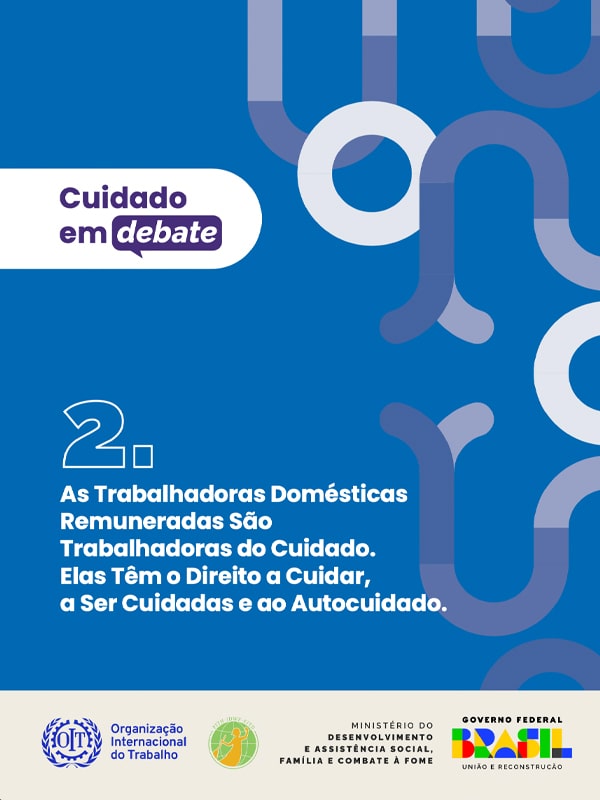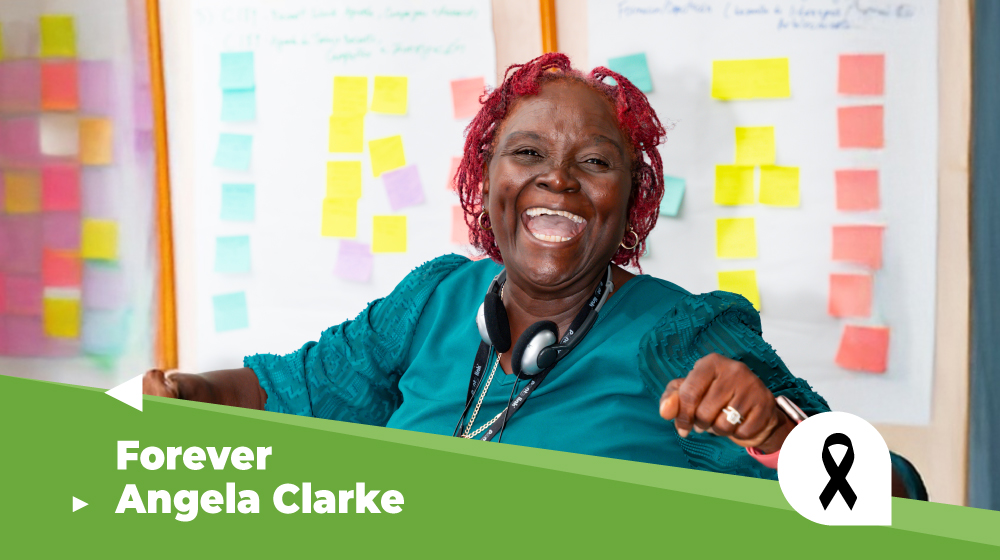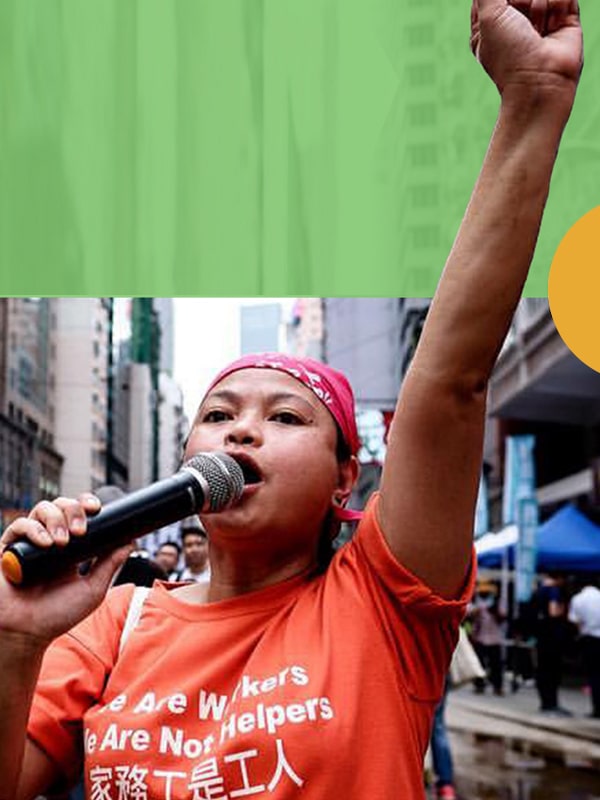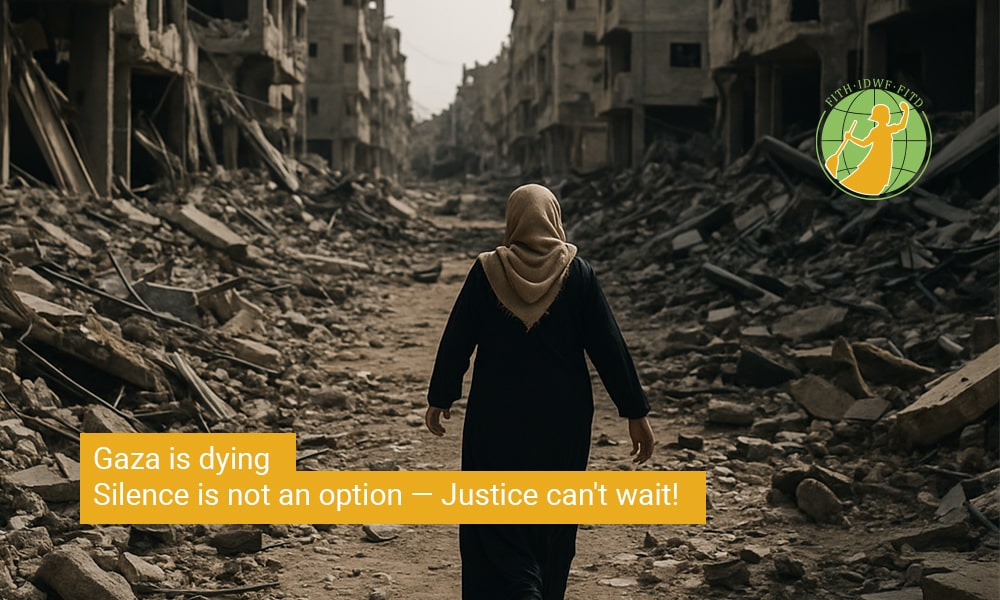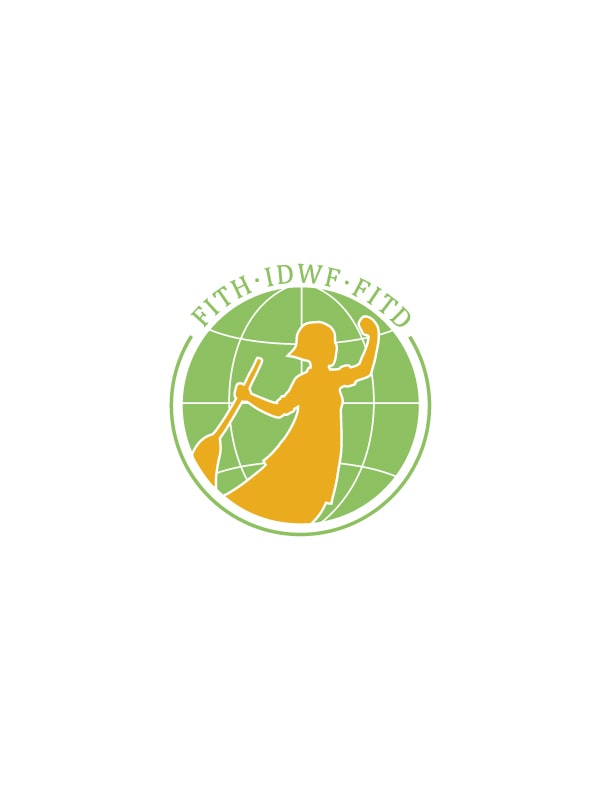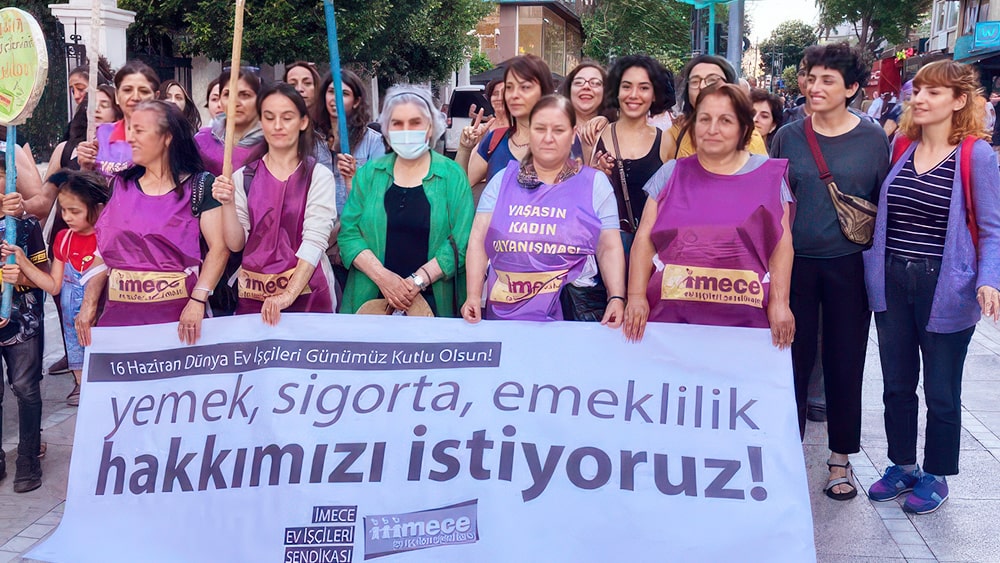
Author: Minire İnal
Tags: May Day, Europe
Hello, I am Minire İnal. Who am I? I was born in a village of Burdur, I am a primary school graduate. I got married when I was 20 and became a mother at 21. My husband was a construction worker and didn’t have a decent job. As rents, children and economic difficulties increased, I had to work. But what could I do?
When I was in the village, my grandmother apprenticed me to the neighbourhood tailor. There I learned tailoring and had a profession. When I needed a job, I entered a small textile atelier; this is how my working life started. I have worked in many jobs, from the tourism sector to restaurants and cafes. Meanwhile, my second child was born. I returned home for a while, but after the children grew up a little, I started working in textiles again.
At the workplace where I worked, the economic crisis, which the Prime Minister said was “a tangent” at the time, pierced us. Our wages started not being paid under the excuse of the economic crisis. They say that workers will not pay the price of the crisis, but that is not the case. We paid the bill. First, our salaries started to be paid late; as one month, two months, three months passed, our anger grew. Finally, we resisted in the factory, but our resistance failed because we were not conscious. We didn’t have any unions, we didn’t have any union awareness… I was unemployed again, two children, a husband and I were in a dead end.
I was looking for a job. I had reached a certain age and I had no education. The job we knew best was housework. The housework that our mothers taught us became a profession for me. With the help of a few friends, I started cleaning the homes of families around them. There was work for one day, there was no work for three or five days, but in a short time I made friends and I almost had no free days left.
While working in textile and tourism, our SSIs were not paid properly, and when I was working as a domestic worker, SSI did not have a name. We didn’t even think of wanting it. We were workers, but we didn’t believe in it either. Over time, I started to work constantly in some of the houses I visited, and I was regularly working in the same houses on certain days of the week. Still, I did not see myself as a worker, and they did not treat me like a worker. It was as if I was helping that family, the job had no standards, duration, holidays or overtime. I was already doing the same job at my own home. Nobody pays a penny when we do it at home, yet we do the work automatically. Because our mothers, our grandmothers did the same, and so did their mothers… Since women did the housework, we knew that housework was women’s work. That’s what we were taught.
One day, I had a work accident while working at home, which I went to regularly. Although I learned to call it a work accident years later. I was going to this house two days a week. As usual, I started by cleaning the living room windows. The windows were so big that I can’t explain it, my legs were shaking every time I wiped them. That day, while I was cleaning the window, I suddenly found myself on the ground. I fell from the 3rd floor. Even as I write it now, it is very difficult to remember. I think I fainted briefly on the ground, groaning in pain. At that moment, a man passing by the house noticed me, came and asked what happened. I don’t know if he saw me falling or not. I remember telling the man to ring the doorbell on the third floor. A woman living next door also came and was trying to help me and give me water with honey. I wanted them to inform me home, but I was having difficulty speaking.
The man who was my employer was at home, they immediately called an ambulance and I was taken to the hospital. X-rays, ultrasounds and many tests were performed. I was bleeding internally, everything was broken. I stayed in the hospital for a very long time and had more surgeries than I can remember. Neither I nor my husband had health insurance. We issued a green card, which is given to the poor who have no social security, and our hospital expenses were covered there. I was discharged after two months, but I remained in need of care for months. My mother and mother-in-law were always with me.
Our economic situation had hit rock bottom. One of my children is doing her compulsory military service, the other is a student, the house is rented, my husband did not have a decent job… We are in trouble, we cannot pay our house rent. We can hardly feed ourselves with the support of my family and relatives.
Three years after experiencing the work accident in 2009, I learned that a documentary about domestic workers came to Antalya in 2011. A women’s organization was trying to reach domestic workers to show this documentary. My friend who informed me said that I should not miss this opportunity. However, my situation was not favourable, both in terms of health and economy. My friend said she would take me by car and we went.
As they say, I read a book and my life changed. Something like this happened to me, too. My life also changed after watching this documentary and meeting those friends. The film was brought by the “ Domestic Workers İnitiative within the İmece Women’s Solidarity Association. They set out to organize domestic workers. They had come all the way from Istanbul to reach us and that impressed me a lot. We exchanged our phone numbers and started talking on the phone. After a while, I realized that I was also a member of the İmece. We started to organize domestic workers and day laborers, me in Antalya and them in Istanbul.
In the meantime, we started our fight against the work accident I experienced. I filed a lawsuit against the couple who was my employer at the house where I worked. While my lawsuit continued, our struggle continued. After a while, we realized that there was a great need to establish a union. We officially established the İmece Domestic Workers Union in late 2013. Now this union is internationally important and works as the voice of domestic workers from Turkey.
Like many of you, my journey has not been easy. But I learned a lot from my experiences, from my struggle, and from the struggle of my friends. For example, I learned that I am a domestic worker and that the housework I do every day is a job. I learned that I am valuable, that I have my own ideas about life, and that I can make my own decisions. I learned that falling from the 3rd floor was not fate or an accident. I learned that the law does not protect domestic workers. So much so that the fact that I had a work accident by falling from the 3rd floor in 2009 may not be sufficient for occupational safety laws. Citing a discriminatory law passed in 2015, which did not count domestic workers who worked less than 10 days a month as employees, I, who fell from the 3rd floor while working, was considered not to have had a work accident, and therefore I lost my case. I learned that the laws are not fair. But what I learned encouraged me not to stay introverted, but to go further.
Village girl Minire is now the Chairman of the İmece Domestic Workers Union and also the President of the İmece Women’s Solidarity Association. On this occasion, I learned that the problems of domestic workers are the same not only in Turkey, but almost everywhere in the world.
I met women unionists from other countries who, like me, were domestic workers and fought for their rights. As a member of the IDWF International Domestic Workers Federation, I went to South Africa, Belgium and Italy to attend general assemblies and conferences. I had the honour of meeting Myrtle Witbooi, the president of the South African Domestic Workers Union, SADWU, who is considered the mother of the world domestic workers’ struggle, which we lost last year. In the conferences I attended, I discussed the problems and rights of domestic workers with representatives from many countries around the world. We were last together in Brussels last month. We continue to draw strength from each other.
No matter how difficult what we are going through, we will not remain silent or stop and we will fight. As May 1, the workers’ day of unity, solidarity and struggle, I wrote this article to tell all my sisters that we can take our lives in our hands. Come join the organized struggle. We, domestic workers, will be in the areas this year as every year. Let’s shout together on May 1st, “Housework is work, domestic workers are workers.” Long live May 1, long live the organized struggle of domestic workers.
*This Article by Minire İnal was published in Jin magazine


